|
Update from our Global Community Relations Director, Wendy Landman - Media release. Our current #MoreWaterProject is a bore hole that will serve around 300 in an area called Suminam located at GPS 5 57’ 0” N 1 18’ 25” W. We are funding this 100%. The people are a beautiful collection of 26 small cocoa farms of mixed Ewe and Fante tribes and have been taking water from a small stream that flows into the Pra River that also dries up during the dry season. The community will dig down into the stream bed after the flow stops and when that source dries up they walk about thirty minutes to a bore hole with hand pump. Fortunately, there is an old logging road that we can use to bring in drilling equipment. We will need to cut some trees and will also need a little break in the rains to allow three low places to dry out. The machinery is very heavy and drillers will not risk getting stuck in remote areas that could impound equipment for weeks. These people are very excited that anyone would come to them even for a visit and are ecstatic that anyone would want to help them with a bore hole. They have formed a local water committee that will serve as management for the well. They have approved a drill site and cleared it. They have agreed to cut trees and fill road ruts with stones for machinery transport. They already have collected funding for cement and iron rods for the pump platform. We are also planning another bore hole:
This project is a bore hole that will serve around 225. The peoples are from the Ewe speaking tribe and currently use water from a hand dug well that goes dry during dry season. Hand dug wells suffer from e-coli contamination that is primarily introduced by open livestock feces (chickens, goats, etc.). There is not one single open well that will not test positive for e-coli. They serve to spread polio, typhoid, dysentery, cholera, malaria just to name a few. Salmonella will infect all wells several times a year when lizards, frogs, etc. drown in the wells. More children die from intestinal tract diseases and malaria than all other causes. Additionally, small children occasionally fall into open wells suffering death and/or permanent disfigurement from injury and drowning. General information for the area. This area of the Upper Guinea Forest is owned by the Ashanti tribe family called Adansi. It was won in battles prior to Ghanaian independence and awarded by the Central government to the Adansi’s when independence from Great Britain was gained in 1957. The Adansi’s started logging the jungle decades ago and encouraged share croppers to grow cocoa afterwards. All the peoples in the areas approved for wells are share croppers who lease Adansi land for a share of the cocoa. The per capita income is less than $150 annually. The richest farmer in Kotokata grosses about $1,500 US annually from his cocoa. His farm is much larger than most. The government is the only buyer and sets the prices well below market. The farmers are totally at their mercy. Large families are necessary help for farm labor. Unfortunately, most farm land is already leased and when children mature the family farm cannot support them. Education needed to compete in townships for skilled labor and white collar jobs is sorely lacking. In essence, we want to help these farmers with a bore hole and hope to have this completed before year end 2019. We will bring you more updates soon. Click here to contribute or to donate click here Wendy Landman Global Community Relations Director
3 Comments
5/11/2021 08:08:01
Bacteria seeping upstream in the ground water via leaking sewers or septic tanks are the most likely "doubtful" contaminants. This would be naturally filtered to some amount in the porous layers, so the concentration would not be great, but it would be enough to render the water non-potable.
Reply
Leave a Reply. |
Wendy#MoreWaterProject Global Community Relations Director ArchivesCategories |
© 2013-2024 Bitcoin Trend & Forecast. All rights reserved. Lic. 774-553-21F. NY Lic. 78766F32.56
Legal & Disclaimer - Privacy Policy - Terms and Conditions
We do not provide financial advice, we do not buy and sell cryptocurrencies on your behalf, we do not use payments in fiat and convert that into cryptos,
we do not send funds overseas or to any entity, we are not financial investors, we do not operate investment funds.
We do not provide financial advice, we do not buy and sell cryptocurrencies on your behalf, we do not use payments in fiat and convert that into cryptos,
we do not send funds overseas or to any entity, we are not financial investors, we do not operate investment funds.

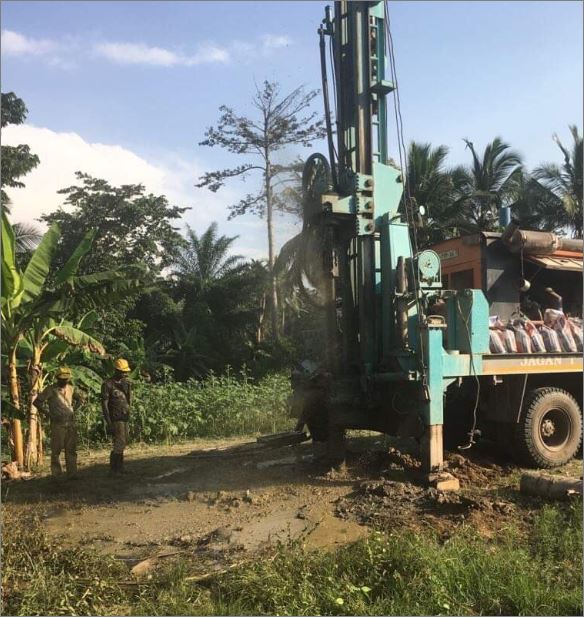
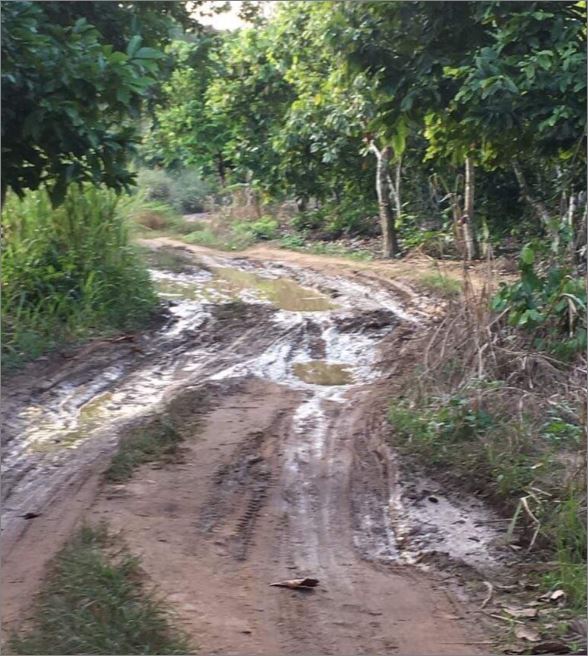
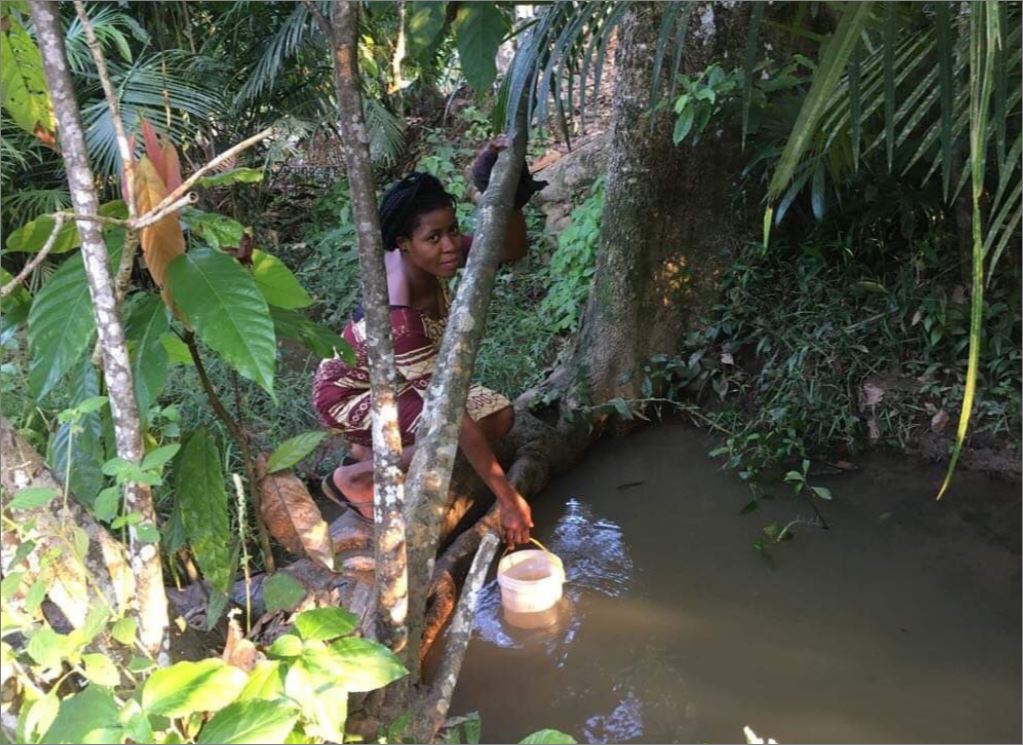
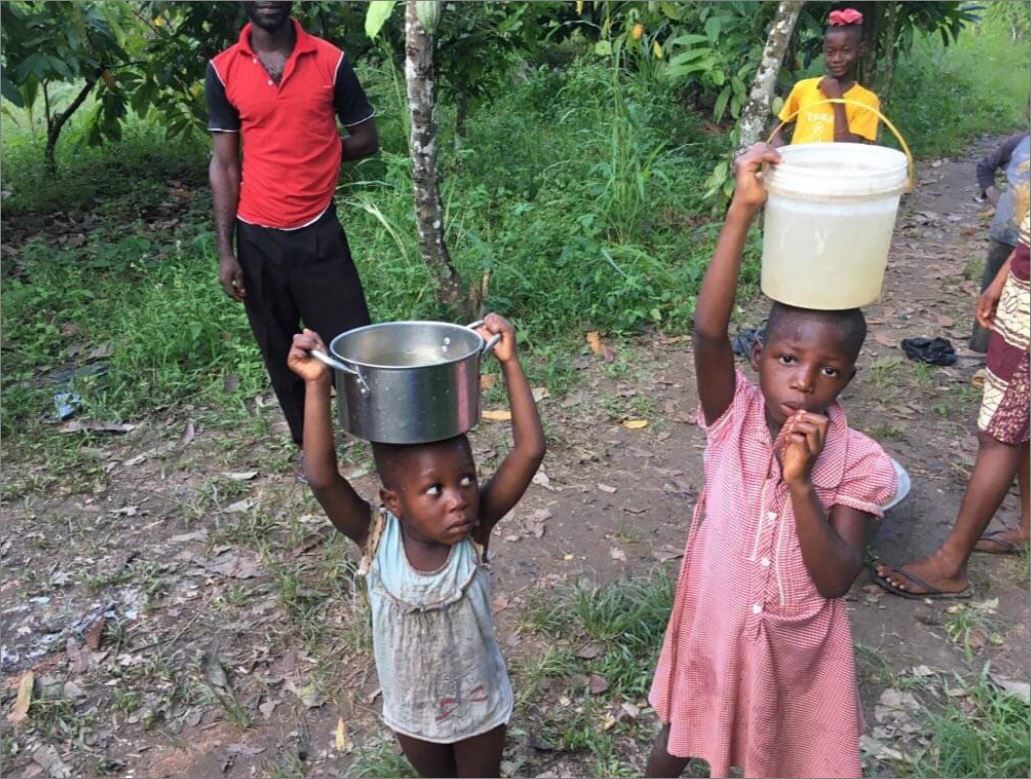
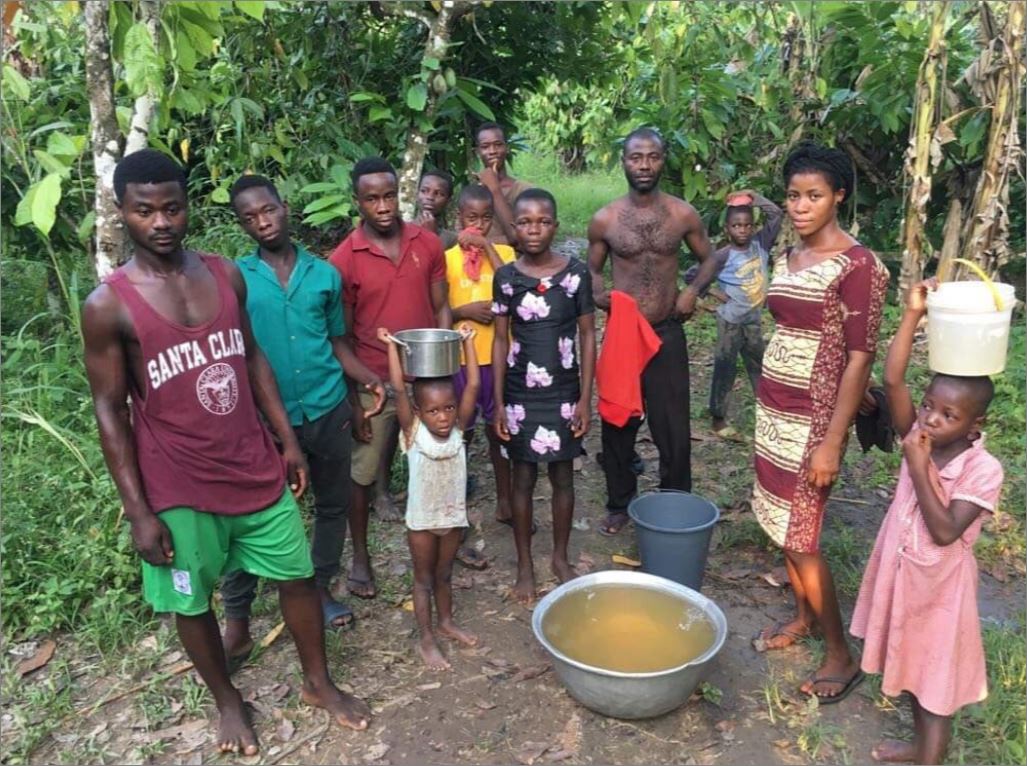
 RSS Feed
RSS Feed